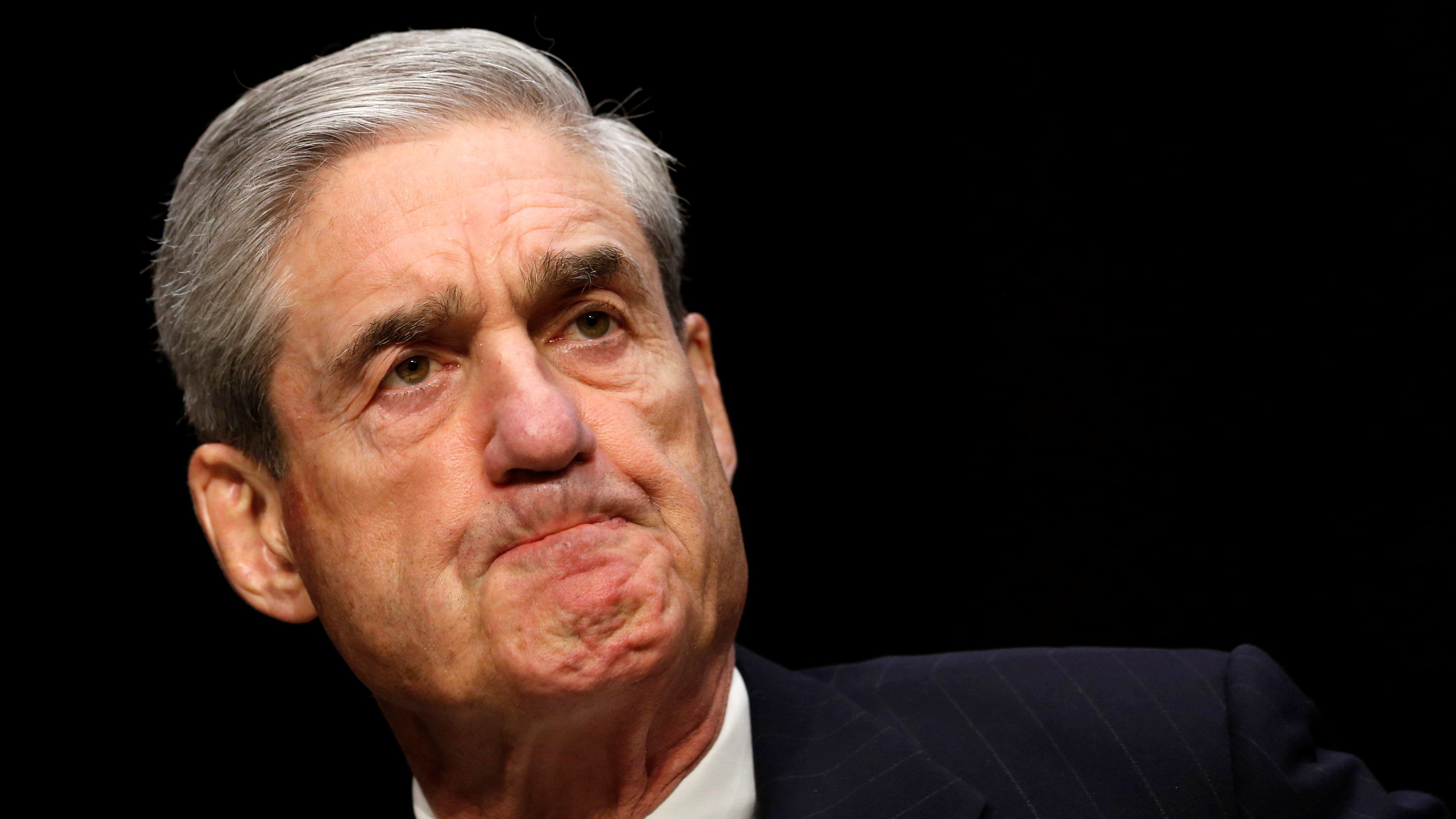
A new argument being peddled against the legitimacy of Special Counsel Mueller’s investigation—that it’s constitutionally illegitimate in violation of the Appointments Clause.
By Steven I. Vladeck, J.D. / 05.24.2018
A. Dalton Cross Professor of Law
The University of Texas at Austin School of Law
With apologies to those who have already read my 14-part Twitter thread on this subject, there’s a new argument being peddled against the legitimacy of Special Counsel Mueller’s investigation—that it’s constitutionally illegitimate in violation of the Appointments Clause.’
1. Following up on last week’s @WSJ op-ed, Prof. Steve Calabresi has now posted to @SSRN a nine-page “Opinion on the Constitutionality of Robert Mueller’s Appointment”:https://t.co/TW7iJ9jMc3
His bottom line: It’s unconstitutional.
This #thread explains why he’s just wrong:
— Steve Vladeck (@steve_vladeck) May 24, 2018
This isn’t the same argument that was previously leveled against the bill to protect the Special Counsel from being fired without good cause (which turns on the twin assumptions that the Supreme Court’s 7-1 1988 ruling in Morrison v. Olson is both wrong and no longer good law); it’s that Mueller is acting as a “principal” officer, and is therefore exercising authority that someone who wasn’t nominated by the President and confirmed by the Senate can lawfully exercise. The argument comes from Northwestern law professor Steve Calabresi—initially in a cryptic Wall Street Journal op-ed, and now, more fully, in a nine-page “opinion” posted to SSRN.
As I suggested on Twitter earlier today, it isn’t actually one argument; it’s a weird amalgamation of two different claims: That Mueller’s appointmentviolates the Appointments Clause, or that Mueller’s conduct violates the Appointments Clause. Even properly understood, though, neither claim is remotely persuasive.
Claim I: The Special Counsel is a “Principal Officer”
Insofar as Calabresi is arguing that the Special Counsel is a “principal officer” for purposes of the Appointments Clause, that claim can’t be reconciled with the very Supreme Court precedents (Morrison included) on which Calabresi relies. Way back in April, University of Chicago law professor Eric Posner and I explained in a letter to the Senate Judiciary Committee exactly why we think it’s clear that the Special Counsel is an “inferior officer.” In a nutshell, in every way that matters, the applicable federal regulation (28 C.F.R. part 600) bestows comparable or less authority on the Special Counsel than what the Ethics in Government Act of 1978 bestowed on the Independent Counsel—authority that led the Morrison majority to conclude that the Independent Counsel was an inferior officer. If Calabresi thinks Morrison correctly determined that the Independent Counsel was an inferior officer for purposes of the Appointments Clause, then it has to follow that the Special Counsel is, as well.
Claim II: The Special Counsel is Acting Like a “Principal Officer”
In the Wall Street Journal op-ed (perhaps more so than in the “opinion”), Calabresi argued that Mueller’s investigation was also constitutionally illegitimate because he’s acting like a “principal officer,” i.e., exercising authority and engaging in conduct that, per Calabresi, only principal officers can engage in. There are two different problems with this argument: As stated, it’s incoherent. And even properly understood, it’s wanting for evidence.
Taking the first part first, what Calabresi is really arguing here is that Mueller is exceeding the scope of his lawful authority—as provided by Part 600 and as delegated to him by Acting Attorney General Rosenstein. Even assuming there’s merit to that charge (more on that in a moment), it has nothing whatsoever to do with the Appointments Clause. If a government officer is exercising authority beyond what he lawfully possesses, he’s exceeding his statutory and regulatory mandate. That doesn’t thereby mean he is also violating the Appointments Clause, because his status (as a “principal” or “inferior” officer) doesn’t turn on his actions; it turns on the lawful authority of his office. After all, Congress, not the President, is responsible for the creation of federal “offices,” even within the Executive Branch. So at most, Calabresi’s real complaint is that Mueller is exceeding his delegated authority—an important claim, to be sure; it just doesn’t remotely lead to the conclusion that the entire investigation is constitutionally illegitimate.
Properly construed as a claim about Mueller exceeding his delegated authority, much of it has largely been rejected by Judge Jackson in her 37-page ruling last week rejecting Paul Manafort’s motion to dismiss. To be sure, Manafort only challenged Mueller’s authority in particular respects (Calabresi’s claim is, at least in some respects, broader). And Judge Jackson is a single district judge, not the Supreme Court. But one would expect a sensational claim about the Special Counsel exceeding his lawful authority to at least try to engage with the one judicial analysis expressly holding to the contrary. Calabresi’s “opinion” says nary a word on the subject.
Conclusion
The running debate over the constitutionality of the Mueller protection bill (and over Morrison‘s continuing vitality) is, at least superficially, a rehash of the classic disagreement over theories of presidential power. Whoever has the better of that argument, it goes, at most, to whether Mueller is (and can be) protected from removal without “good cause.” It has nothing to do more generally with the constitutional legitimacy of Mueller’s investigation until and unless he’s removed. What Calabresi is arguing is a crucial (and, in my view, incoherent) step beyond that debate—that the entire investigation is constitutionally invalid. It’s an extraordinary claim to begin with, it’s thoroughly under-substantiated in both the op-ed and the “opinion,” and it’s not remotely compelled even by the strictest adherence to a “unitary executive” theory of presidential power.
Originally published by the Just Security, New York University School of Law, under a Creative Commons Attribution-No Derivs-NonCommercial license.


